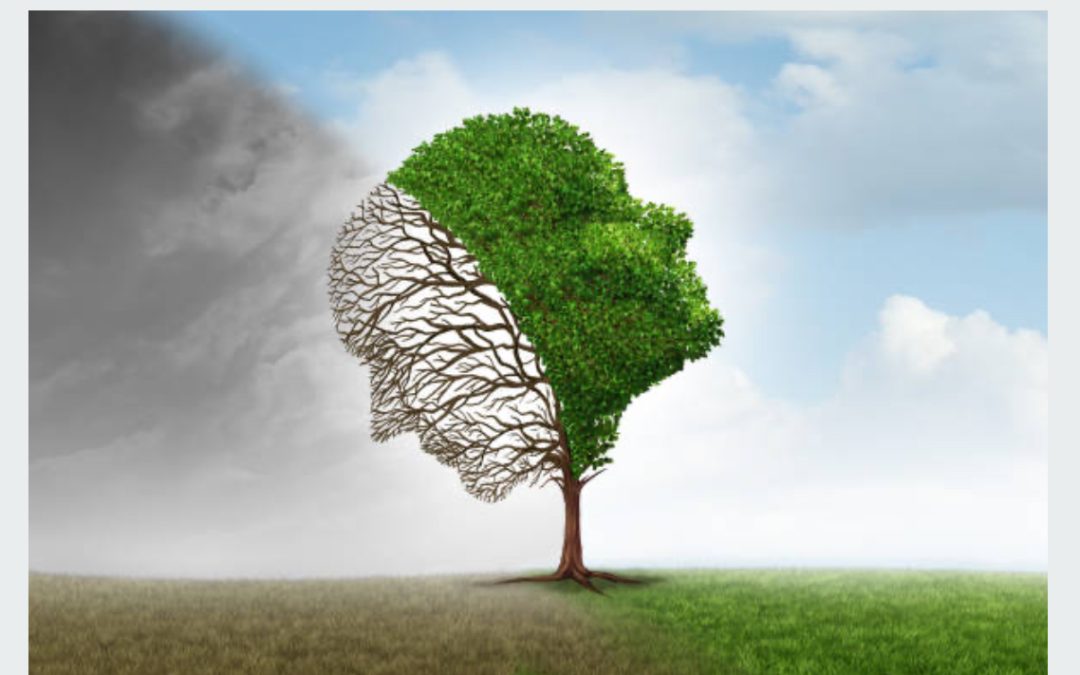World Mental Health Day: Prioritizing the Mind as Much as the Body
Today, on World Mental Health Day, we at Grace Period want to take a moment to remind everyone that mental health is just as vital as physical health. Just as we nourish our bodies with proper food, exercise, and rest, our minds require attention, care, and understanding. Yet, for many people, mental health is still surrounded by stigma, silence, and shame—factors that prevent millions from seeking the support they need.
Understanding the Mental Health Crisis
Globally, mental health challenges affect hundreds of millions of people, cutting across age, gender, socioeconomic status, and geography. In the United States alone, nearly 1 in 5 adults experiences a mental health condition each year. Women are slightly more likely than men to experience anxiety and depression, while men are at a higher risk for suicide—a stark reminder that mental health struggles manifest differently across populations.
People who have experienced trauma, such as growing up in broken homes, surviving abuse, or enduring other forms of adversity, are particularly vulnerable. Trauma can shape the way individuals think, feel, and respond to the world, often silently influencing their mental well-being for years. Yet, these experiences do not define a person—they are challenges to acknowledge, process, and work through, not burdens to carry alone.
The Silence Around Mental Health
One of the greatest obstacles to mental health care is silence. Many individuals suffer quietly, afraid of judgment, misunderstanding, or stigma. Conversations about mental health are often confined to whispers, social media threads, or internal battles, while depression, anxiety, and other conditions continue to grow unchecked.
This silence has dire consequences. Suicide rates are climbing worldwide, fueled by isolation and untreated mental health conditions. Each life lost is a stark reminder of the urgent need to create safe spaces for dialogue, understanding, and support.
Prioritizing Your Mental Well-being
It’s crucial to understand that seeking help is not a sign of weakness—it is an act of courage and self-respect. Mental health is a lifelong project, and the steps we take to care for ourselves are investments in our most valuable asset: ourselves. Here are some ways to prioritize mental well-being:
- Talk about it: Open conversations with family, friends, or trusted mentors create connections that can reduce isolation. Sharing feelings doesn’t make you vulnerable—it makes you human.
- Seek therapy or counseling: Licensed professionals provide guidance, tools, and support that empower you to process trauma, manage stress, and build resilience.
- Learn and read: Understanding mental health through books, reputable online resources, or courses can demystify your experiences and provide actionable strategies.
- Practice self-care: Regular sleep, exercise, nutrition, meditation, and hobbies can improve mood and mental clarity.
Remember, you are your greatest project. Nurturing your mind, just as you would your body, is one of the most impactful investments you can make in your life.
Community Matters: The Role of Grace Period
At Grace Period, we believe mental health care is a community effort. Our HOPE Initiative—Heal. Overcome. Persevere. Evolve.—is designed to provide resources, workshops, and support to individuals and families navigating mental health challenges. By fostering resilience, understanding, and healing, we aim to reduce the stigma surrounding mental health and empower people to take proactive steps in their mental wellness journey.
You can help us continue this vital work. By supporting the HOPE Initiative, you directly contribute to programs that provide mental health education, trauma-informed workshops, and safe spaces for dialogue within our communities. To make a donation, please visit our donation page. Every contribution, no matter the size, makes a tangible difference in the lives of those who need support the most.
Breaking the Cycle of Stigma
Breaking the silence around mental health begins with honest conversations. Share your story, listen without judgment, and normalize asking for help. Encourage loved ones to seek therapy or mental health support when needed. When families and communities embrace open dialogue, we collectively reduce the feelings of isolation that can exacerbate mental health struggles.
Mental health is not a linear journey—there will be highs and lows, progress and setbacks—but each step forward is meaningful. Celebrating small victories, showing compassion to oneself, and practicing patience are all essential parts of the process.
A Call to Action
On this World Mental Health Day, let’s all commit to:
- Checking in on loved ones regularly, even with a simple “How are you really doing?”
- Normalizing therapy and self-care as routine aspects of life, not last resorts.
- Educating ourselves and others about mental health, trauma, and resilience.
- Supporting initiatives like Grace Period’s HOPE Initiative to ensure resources reach those who need them most.
Mental health matters every day—not just today. By prioritizing our minds, listening to each other, and fostering communities of care, we can create a world where mental well-being is understood, supported, and celebrated.
Your mental health is your most important work. Start today. Heal. Overcome. Persevere. Evolve.

